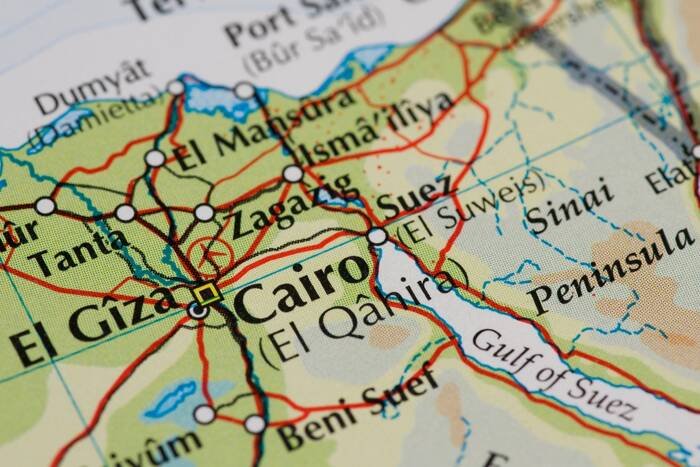Overvalued Exchange Rate Hampers Privatisation
An overvalued exchange rate hampers the privatisation of State and military-owned enterprises, a necessary condition to meet an IMF target of accumulating net international reserves* of USD 23bn, originally by end-June. The International Finance Corporation, the private-sector arm of the World Bank, has started to advise Egypt on privatisations, but the process remains challenged by the uncertainty in foreign-exchange markets, a major impediment for foreign investors looking to value Egyptian assets up for sale.
To date, Egypt has reportedly sold stakes in State-owned businesses worth USD 1.9bn out of an estimated USD 2bn in possible disposals. Although recent progress on privatisations may help approval of the first review of the IMF programme, uncertainty remains about Egypt’s capacity to sustain this momentum in the longer run and privatise at least 32 State-owned companies.
The El-Sisi government’s cautious economic policies ahead of general elections set for end-2023 to early 2024 will hinder progress on the currency front, as further devaluation of the pound would aggravate inflation (36.8% YoY in June 2023, after 33.7% in May), potentially fuelling social discontent.
Egypt is likely to face a squeeze in its sources of external funding if it struggles to meet IMF conditions – which include a USD 4.6bn privatisation target in FY 2023/2024 – in the face of bond repayments falling due (Figure 1). At least debt service on international bonds accounts for only a modest share of overall public and publicly guaranteed (PPG) external debt that is owed mostly by the government and central bank to official-sector creditors.
Figure 1: Medium- and long-term PPG external debt service




















